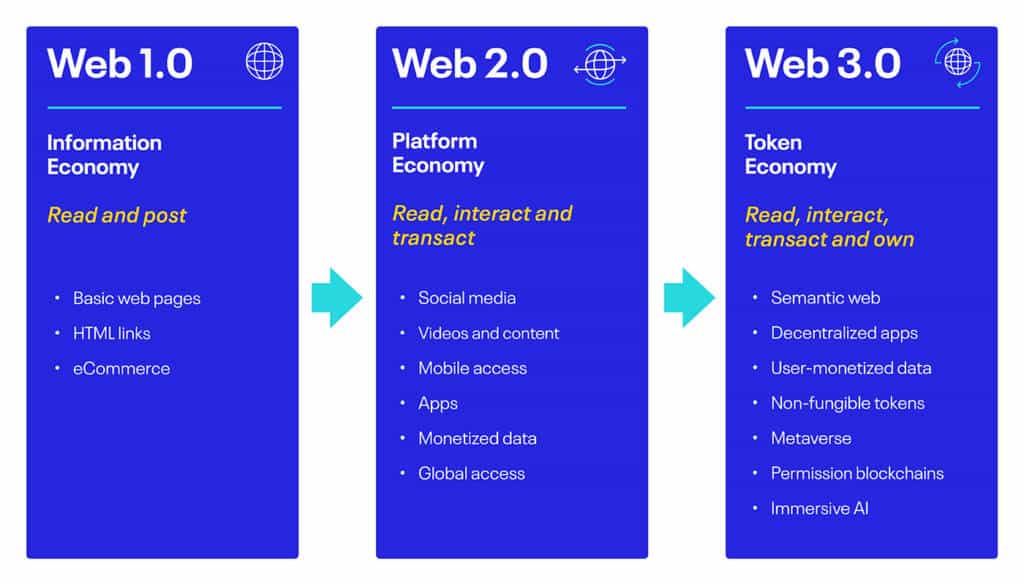The first online cryptocurrency transaction was recorded on May 22, 2010 – 10,000 Bitcoin for two pizzas. Worth $41 dollars at that time, those “coins” are now worth tens of millions of dollars.
Since then, cryptocurrencies and digital currencies have come a long way. The vision, outlined in the now famous Satoshi Nakamoto whitepaper, of a private and transparent peer-to-peer electronic cash system — without the need for a trusted third party — has been the catalyst for a new way of thinking about how money moves.
Decrypting the value of cryptocurrencies for merchants and shoppers
With news headlines that highlight the highs and lows around cryptocurrency valuations, reputation and risk, the last two decades have been a rollercoaster ride for crypto and the blockchain technology that underpins it. But several factors are now aligning that will see crypto payments become increasingly beneficial for both merchants and consumers. Here’s five of the most important:
1. The advent of the “token economy” and its importance for merchants
The term “token economy” comes from the ability to tokenize digital assets, but also tokenize sensitive data. For merchants, this means removing highly sensitive customer data from their systems, by receiving transactions in the form of public and private “tokenized” keys and lowering the chances of fraud. This marks a shift away from a payments ecosystem largely based on the “platform economy” or Web 2.0, owned and managed by central banks and payment intermediaries. With the emergence of Web 3.0 or the “token economy,” ownership and “trust” are gradually shifting toward users.
The opportunity, therefore, sits with merchants as Web 3.0 not only eliminates the chance of compromising customers’ highly sensitive data, but also ensuring full traceability of every crypto transaction on the ledger, reducing the chances of fraud and chargebacks.

2. Customer demands for transaction anonymity
An increasing number of online shoppers are preferring anonymity, protecting their own identification or their credit or bank details when purchasing online. Cryptocurrencies enable a unique form of transparency and privacy, by facilitating transactions through the distributed ledger, also known as blockchain, without revealing the individual’s identity. Each transaction generates two very distinct and unique keys, also referred to as a public key and a private key. A public key remains on the ledger, while the private key is for the online shopper and the merchant to track their transactions.
But there is a drawback to this decentralized anonymity — it also increases vulnerability to money laundering. Criminals laundered US$8.6B (£6.4B) of cryptocurrency in 2021, up 30 percent over the previous year. That means that for merchants to safely offer cryptocurrencies as part of their payments mix, they should boost their anti-fraud capabilities to minimize risk. ACI’s cryptocurrency solution provides a quick identity check by running a transaction against the money launder watch list and a terror watch list. (We’ll cover more on crypto keys and fraud in future blogs.)
3. Institutional desire to stabilize digital currencies
Technological enhancements and adoption of crypto as a payment method have led governments and central banks to recognize the growing importance of digital currencies.
However, governments and banks want to eliminate the volatility and risk associated with many cryptocurrencies. Some are looking at stable coins, which are linked to a fixed asset like gold, others are looking to link it to their fiat currency via central bank digital currencies (CBDCs). Having the same value as the fiat currency, CBDCs and are legal tender, redeemable in cash with no exchange risk or additional cost. The majority (86%) of central banks are currently exploring CBDCs. Sweden, Thailand, UAE and 13 other countries have full pilot projects in place, with seven countries, including Bahamas and Nigeria, having deployed their own CBDCs.
4. Merchants’ adoption of digital currencies as a payment method
The adoption of cryptocurrencies has been more visible within the digital downloads, gaming and some high-risk sectors. However, with continued innovation and increasing regulation around cryptocurrencies, the “high-risk” image of crypto is changing. Adoption of cryptocurrency is fueled by merchants in the travel sector, especially airlines and hotels. High-end fashion retail is another sector where adoption is growing. Cryptocurrency payments are slowly adapting to be sector agnostic.
Globally, more than 15,000 merchants now accept Bitcoin as a payment method, with many more seeking to accept digital currencies in 2022. At the same time, consumer perspectives are finally shifting away from crypto purely as an investment opportunity, to crypto as a safe and secure method of making payments. This is also fueled by the rising crypto ownership, as consumers are finding opportunities to pay with the digital currency. Today, around 70 million people have a cryptocurrency wallet. While consumers benefit from no currency conversion for cross-border transactions, most (if not all) merchants still prefer to convert digital currencies back to a fiat currency as it does not disrupt their financial accounting processes and procedures.
5. Ability to offer zero fees and slash transaction costs for merchants
Removing banks as intermediaries means that crypto can be used to deliver limitless, “fee-less,” global eCommerce transactions. As cryptocurrency ownership gradually increases, so does the number of cryptocurrency payment processors. It is important that merchants consider:
A) The operational impact on integrating a cryptocurrency payments process, and the ability to transact with “zero fees” and receive 100% of the settlement in fiat currency
B) The number of supported coins and wallets ensuring shoppers can pay with their choice of cryptocurrency, enabling an uplift in conversions
Around the world, people are using cryptocurrency to earn, spend, lend, borrow and perform many other types of transactions. Meanwhile, merchants are focusing on delivering one-click, speedy checkouts for cryptocurrencies with a layer of orchestration, enabling cross-platform payments for their customers and higher conversions for themselves.
Discover more about accepting crypto with ACI Secure eCommerce, which supports 120+ coin types and all major crypto exchange wallets, using a single API on our payments orchestration platform and providing next-day settlement in fiat with 100% settlement price guarantee and zero fees.




